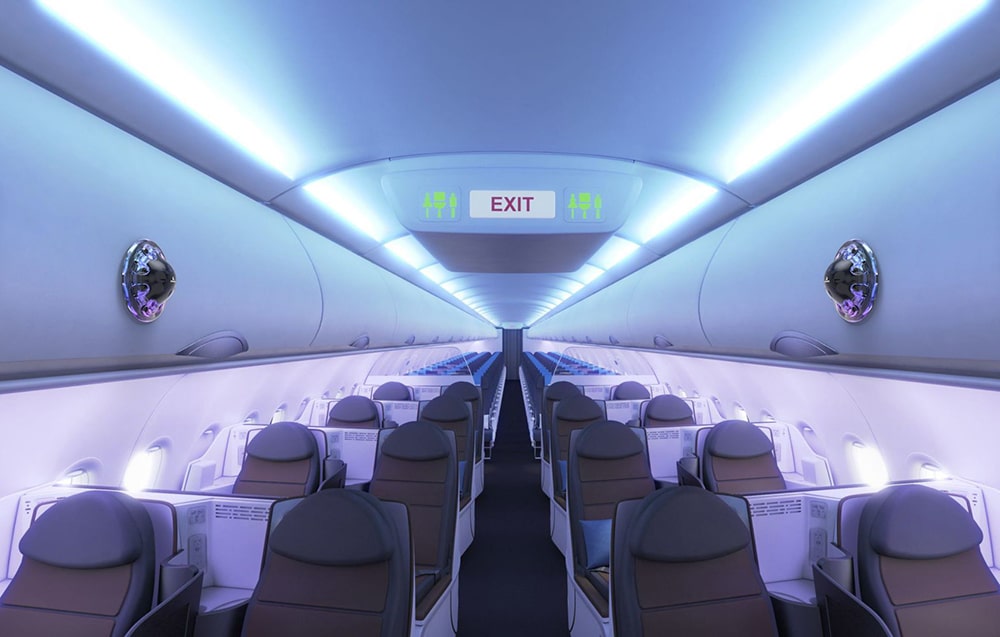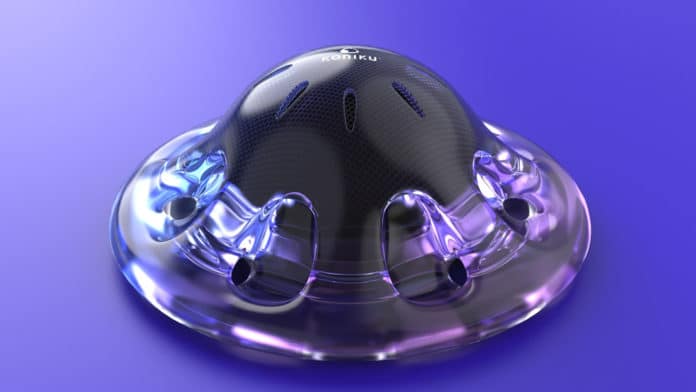Security measures at airports and train stations have increased significantly in recent years. Companies in this industry are very interested in developing new products that make your stay at airports safer.
Detection dogs or sniffer dogs, which can smell bombs thanks to special training, are often used to detect explosives. The new disruptive biotechnology solution could replace the animals.
Together with a Californian startup Koniku, the European aviation giant Airbus is currently testing special biotech sensors or an “electronic nose” that uses biological cells to mimic sniffer dogs. These sensors make it easier to find bombs and other explosives.

The sensor with the shape of a jellyfish uses silicon processors and is provided with living cells equipped to find explosives. The biological sensors are used for this are either embryonic kidney cells, sometimes known as HEK cells or astrocytes, a star-shaped cell brain cell. These are then genetically modified to have odorant receptors that produce an alarm signal when they come into contact with the molecular compounds of the hazard or threat that they have been programmed to detect.
“We have developed a technology that is able to detect smell — it’s breathing the air, and it’s essentially telling you what’s in the air,” said Koniku founder Oshiorenoya Agabi.
Working with Airbus since 2017, the startup wants to create “a game-changing end-to-end security solution.” Due to the current situation, the question quickly arises whether these biotech sensors can also be used in the fight against viral diseases. It has recently been seen that detection dogs are learning to recognize an individual infected with COVID-19. It could, therefore, be considered that the electronic nose could eventually imitate this new faculty. To date, trained dogs can also detect prostate cancer with great accuracy, so Koniku plans to do the same in the future.
Airbus plans to use these biotech sensors at airports that can smell explosives at the end of 2020.
